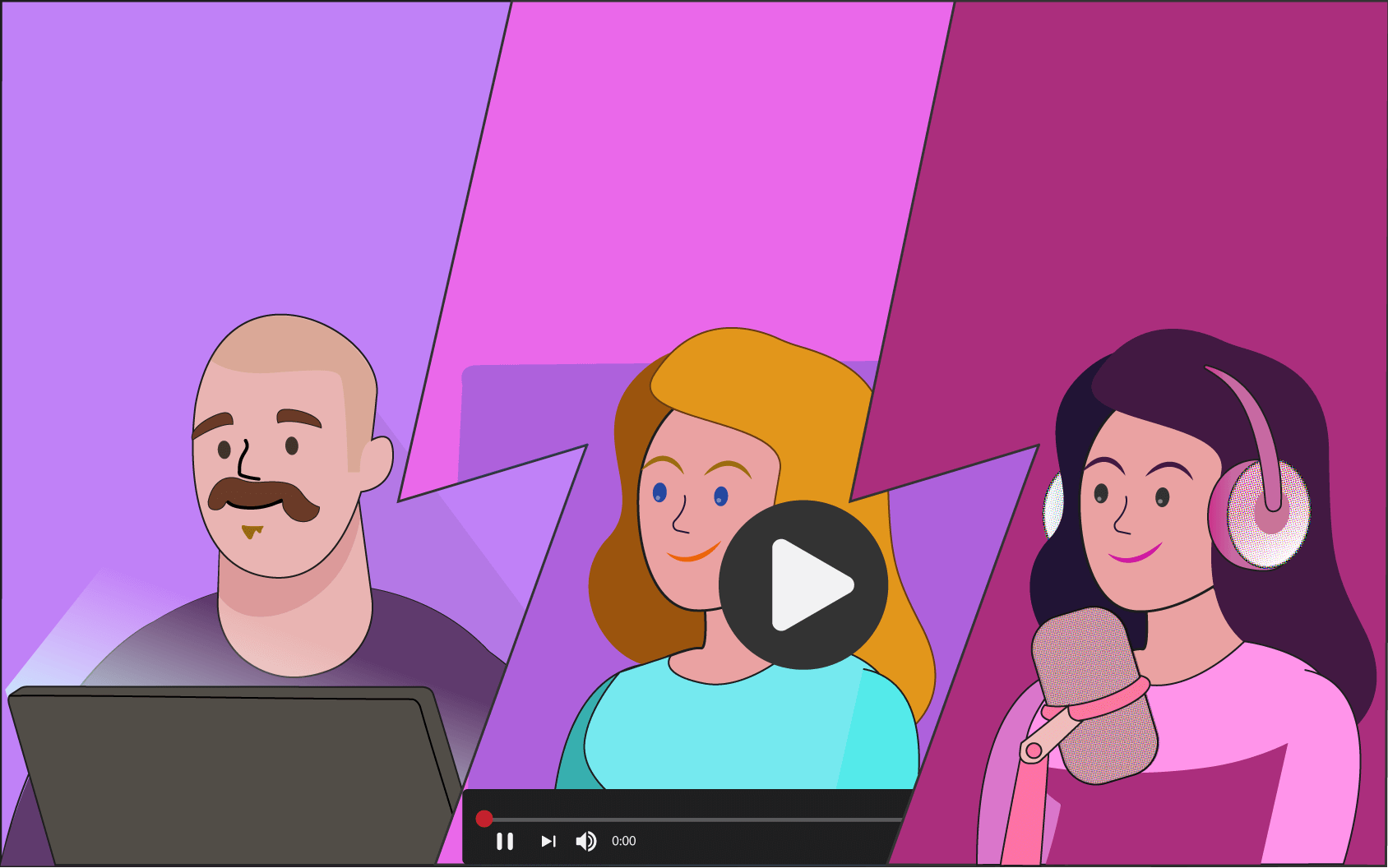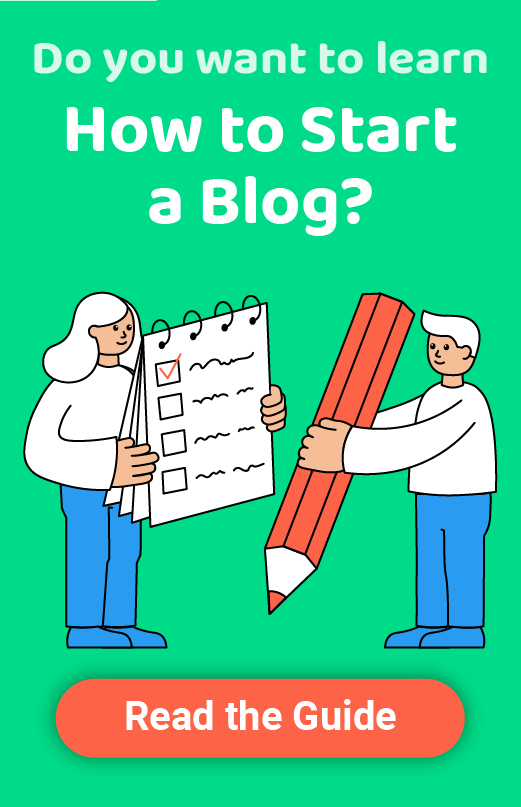Blog vs Vlog vs Podcast – Main Differences

Blogs, vlogs, and podcasts are all great mediums for content creation, and each has its unique features that you can take advantage of. You must choose the right medium based on the type of content you want to create, your audience, and your personal style.
Consistent updates are crucial if you want to stay relevant online, and blogging is the most convenient way to modify and revise what you publish. However, for uploading content that requires visual aids, vlogging might be a more effective option. Podcasting provides an immersive and engaging experience for individuals who prefer to listen to the content they’re following.
With that in mind, it’s safe to say the key difference between blogs, vlogs, and podcasts lies in their format and delivery method. However, if you’d like to learn more about the main differences between blogs, vlogs, and podcasts, we need to take a closer look at their unique features, delivery methods, and audiences.
Blog vs Vlog vs Podcast – Key Differences
Here’s a brief overview of the main differences, and feel free to take a closer look at each difference to gain a deeper insight into each individual issue.
| Blog | Vlog | Podcast | |
| Content type | Written content | Video content | Audio content |
| Audience | Readers | Younger audience | On-the-go individuals |
| Delivery | Websites | Video-sharing platforms | Podcasting platforms |
| Expression and value | Long-form content and deep analysis | Expression of personality | Storytelling and verbal discussion |
Types of content
All three mediums are different in form, but they share a common goal of sharing information and stories:
- Blogs represent written content ranging from personal diary entries to news articles, how-to guides, and academic papers.
- Vlogs, on the other hand, are video-based pieces of content that can include a wide range of topics, from travel vlogs to cooking, fashion, and beauty videos.
- Podcasts are audio recordings that typically focus on a specific topic, such as sports, entertainment, news, or technology.
Read more: How To Start a Blog and How To Start a Podcast
Different audiences
Each medium has its own audience, but it’s not uncommon for these audiences to overlap between the content-creating methods:
- Blogs attract readers who enjoy written content and are looking for information or entertainment.
- Vlogs tend to appeal to younger generations who enjoy visual content, and they’re often used for lifestyle and entertainment purposes.
- Podcasts, meanwhile, appeal to a diverse audience of all ages, including those who prefer to listen to content on-the-go or those who prefer to listen to content while performing other activities. Reports show that 79% of people listen to podcasts while commuting.
Different delivery
The delivery of each medium is different, too:
- Blogs are typically published on websites or social media platforms, and anyone with an internet connection can access them.
- Vlogs are published on video-sharing platforms, such as YouTube, and people can view them anytime they want, with or without an internet connection, thanks to the handy option of downloading.
- Podcasts are typically published on podcasting platforms such as Spotify, Apple Podcasts, and SoundCloud, and people can access and download them onto devices for offline listening.
Expression and value
They are also different when it comes to expression and value:
- Blogs are perfect for long-form content and in-depth analysis of a topic. They allow writers to express their ideas in a structured way and use visuals, such as infographics, images, and videos, to enhance their writing.
- Vlogs allow creators to express their personalities and create a connection with the audience through the use of their voice, facial expressions, and gestures.
- Podcasts are perfect for storytelling and discussion, allowing the audience to connect with the host’s voice and personality.
Conclusion
No matter which medium you choose, remember that your goal is to create valuable content that informs, entertains, and engages your audience. With that in mind, the sky’s the limit in terms of what you can achieve with the content you publish.
